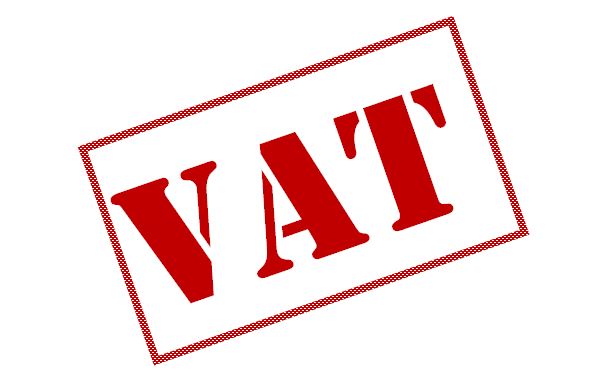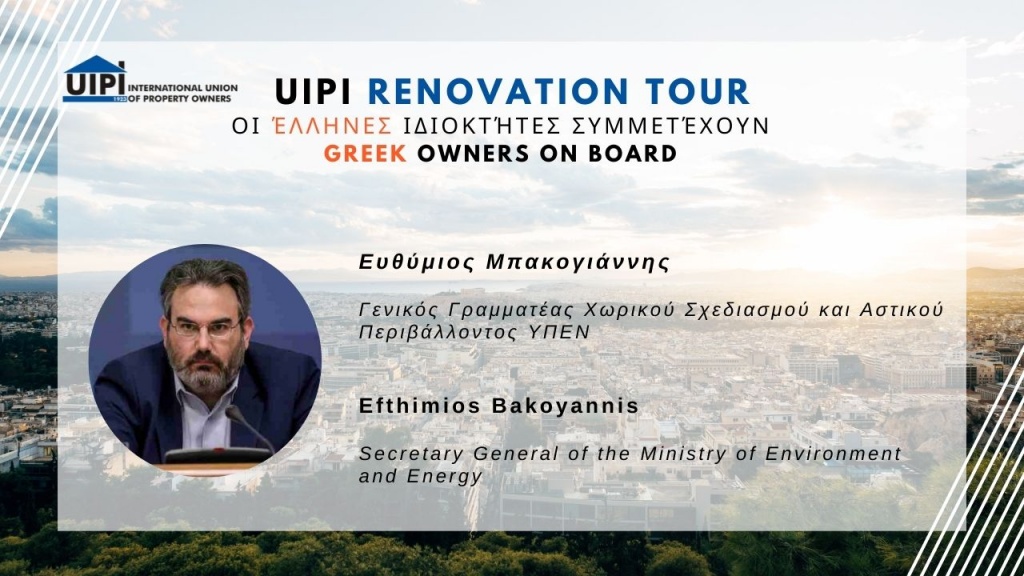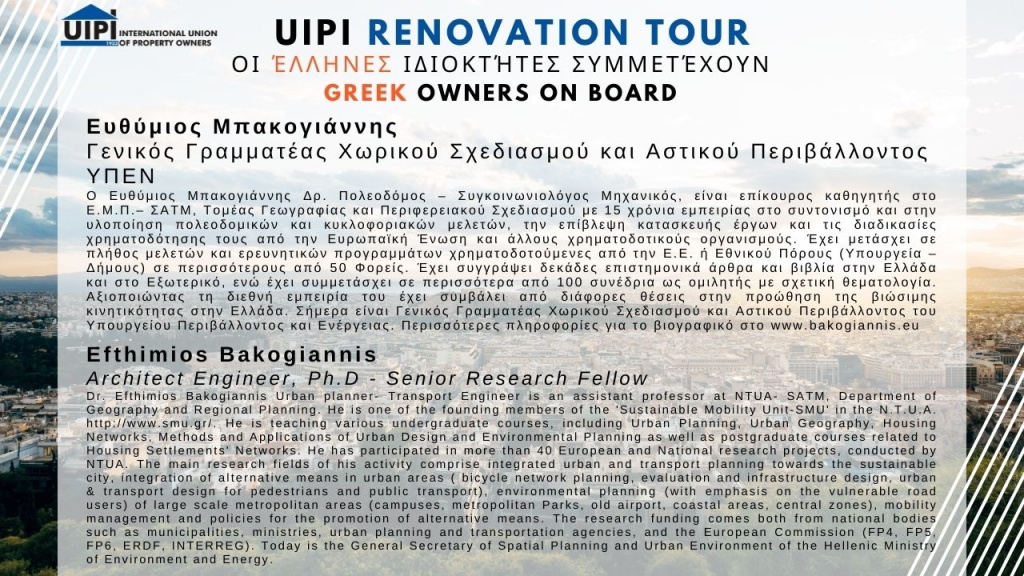 The European Commission conducted a public consultation on the reform of VAT rates. In the framework of the European Commission’s Action Plan on VAT – Towards a single EU VAT and its Work Programme for 2017, the Commission aims to adopt four proposals related to VAT, examining and potentially reforming aspects of the current VAT regime. The consultation was running until 20 March 2017.
The VAT Directive sets out general rules on Member States’ freedom to set VAT rates, intended to guarantee the neutrality, simplicity and workability of the VAT system.
This framework was originally established with the aim of converging towards a definitive VAT system based on the so-called ‘origin principle’, setting minimum taxation levels. To avoid unfair competition, this system strictly required to tax the same goods at very similar rates.
Nevertheless, in 2011 convergence was still low and the objective was abandoned in favour of a ‘destination-based’ system. By nature, the destination system allows greater rate differentiation between Member States with a lower distortion risk. The introduction of the destination system has opened up the possibility to reform rules on rates and a Commission proposal is expected this autumn.
The aim of the consultation was to obtain stakeholders’ views on the following aspects:
The European Commission conducted a public consultation on the reform of VAT rates. In the framework of the European Commission’s Action Plan on VAT – Towards a single EU VAT and its Work Programme for 2017, the Commission aims to adopt four proposals related to VAT, examining and potentially reforming aspects of the current VAT regime. The consultation was running until 20 March 2017.
The VAT Directive sets out general rules on Member States’ freedom to set VAT rates, intended to guarantee the neutrality, simplicity and workability of the VAT system.
This framework was originally established with the aim of converging towards a definitive VAT system based on the so-called ‘origin principle’, setting minimum taxation levels. To avoid unfair competition, this system strictly required to tax the same goods at very similar rates.
Nevertheless, in 2011 convergence was still low and the objective was abandoned in favour of a ‘destination-based’ system. By nature, the destination system allows greater rate differentiation between Member States with a lower distortion risk. The introduction of the destination system has opened up the possibility to reform rules on rates and a Commission proposal is expected this autumn.
The aim of the consultation was to obtain stakeholders’ views on the following aspects:
- The need for EU action on VAT rates,
- the proper balance between harmonisation and Member States’ autonomy in setting VAT rates,
- problems and risks linked to differentiation of VAT rates and
- the desired reform direction.
Origin Principle
Under the origin principle, the location of the seller determines the tax treatment and rate.Destination Principle
The destination-based principle mandates that the applicable VAT is determined by the location of the buyer.
Share on facebook
Share on google
Share on twitter
Share on linkedin



